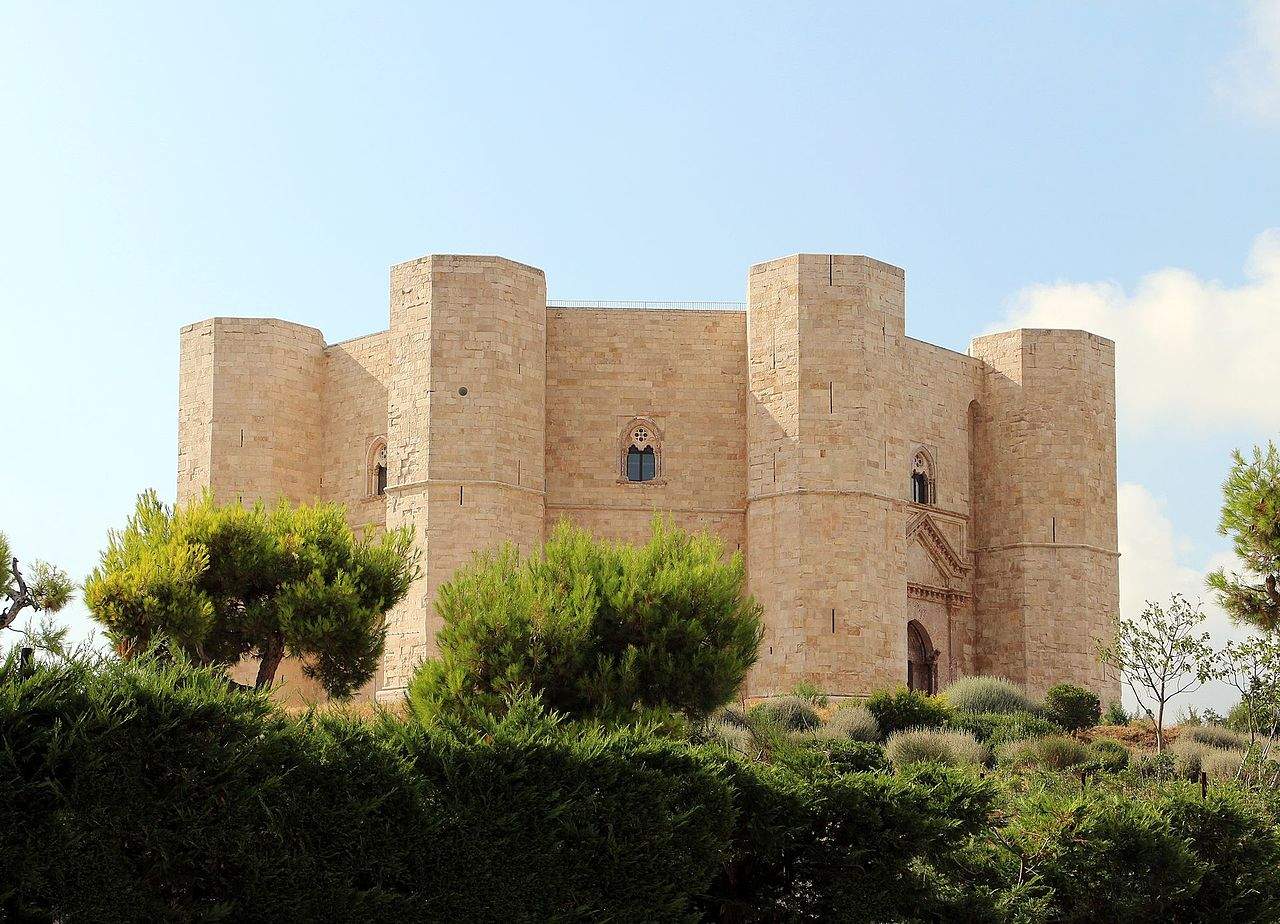TheAssociazione Guide Turistiche Abilitate (AGTA) (Association of Licensed Tourist Guides ) have sent, through attorney Antonella Anselmo of Lemme Law Firm, the deeds of signification and warning to the Polo Museale della Puglia, and a note to the Autorità Garante della Concorrenza e del Mercato (Italian Antitrust Authority) regarding the modalities of the reopening of Castel del Monte, which returned to welcome the public last July 1. Indeed, this reopening has raised bitter controversy: AGTA complains that the new rule that guided tours inside the monument can only be conducted by Nova Apulia (the concessionaire of the Polo Museale Puglia) staff was applied without notice.
Therefore, AGTA says that licensed guides who do not work for Nova Apulia have been denied access and the right to practice their profession. Agencies and tour operators, who had arranged everything for their groups, paying in advance for tickets and booking visits with their licensed guides for a vare-hour service, consequently suffered the damage of seeing their groups left without a guide and without an explanation, unless they paid a surcharge of 5 euros per person. Groups that had booked and paid for tours thus had to visit the castle without a guided tour.
“Let’s have clarity,” proposes Isabella Ruggiero, president of AGTA. “Who benefits from this rule? The concessionaire because it greatly increases the number of groups taking their guided tour. Who loses out? The licensed guides, the agencies and tour operators, and the visitors. The new rule hits all three of these categories. For the guides, it is easy to understand the damage, both in terms of lost work and professional image. For the agencies and tour operators, only those in the industry can understand the problem: the tours are full-day or half-day tours, with a guide illustrating the monuments for several hours throughout the region; if the agency had to pay for each day a guide in the 6-hour itinerary plus a guide specifically for Castel Del Monte, the price would increase significantly. Consider what would happen if each monument demanded to have its own in-house guides: prices would double or triple. Finally, the harm to the visitor/consumer: not only economic because costs would soar, but an excursion in which having to change guides every monument and, above all, a trip in which the group would never be free to choose which guide to have would no longer be pleasant.”
“Licensed guides,” Ruggiero continues, “are at the forefront of enforcing the rules within museums and monuments, and we understand that it should be the management that establishes the rules for each site based on its specific characteristics, so we do not dispute the need for mandatory itineraries and times during this period in order to ensure the safe flow of visitors. Health regulations, however, do not require or justify having only the concessionaire’s guides work. The regulated route and time can be perfectly combined with outside guides. This is demonstrated by other examples in Italy, such as the Colosseum, where upon reopening the management organized very strict itineraries and times, but without creating problems for the guides.”
“The new regulation, which is completely unreasonable and disproportionate,” writes lawyer Anselmo, “constitutes an obstacle to the free provision of professional services. The concessionaire is not allowed to engage in anti-competitive behavior based on abuse of a dominant position or de facto monopolistic situations. In any case, the management of cultural sites must be carried out in full compliance with current legal provisions, including those of Euro-Union derivation, and with the specificities of the respective professional profiles.”
“It is extremely serious,” Ruggiero concludes, “that the deep crisis triggered by COVID-19 is being exacerbated by the exclusion of tour guides from the sites where they previously worked. In addition to taking away our jobs, the crisis threatens to completely destroy our profession if the state does not immediately intervene to guarantee the right to practice it in all public places of culture: museums, archaeological areas, exhibitions, churches, etc.”
 |
| Castel del Monte, AGTA guides warn Puglia's Polo Museale: "They are preventing us from working" |
Warning: the translation into English of the original Italian article was created using automatic tools. We undertake to review all articles, but we do not guarantee the total absence of inaccuracies in the translation due to the program. You can find the original by clicking on the ITA button. If you find any mistake,please contact us.